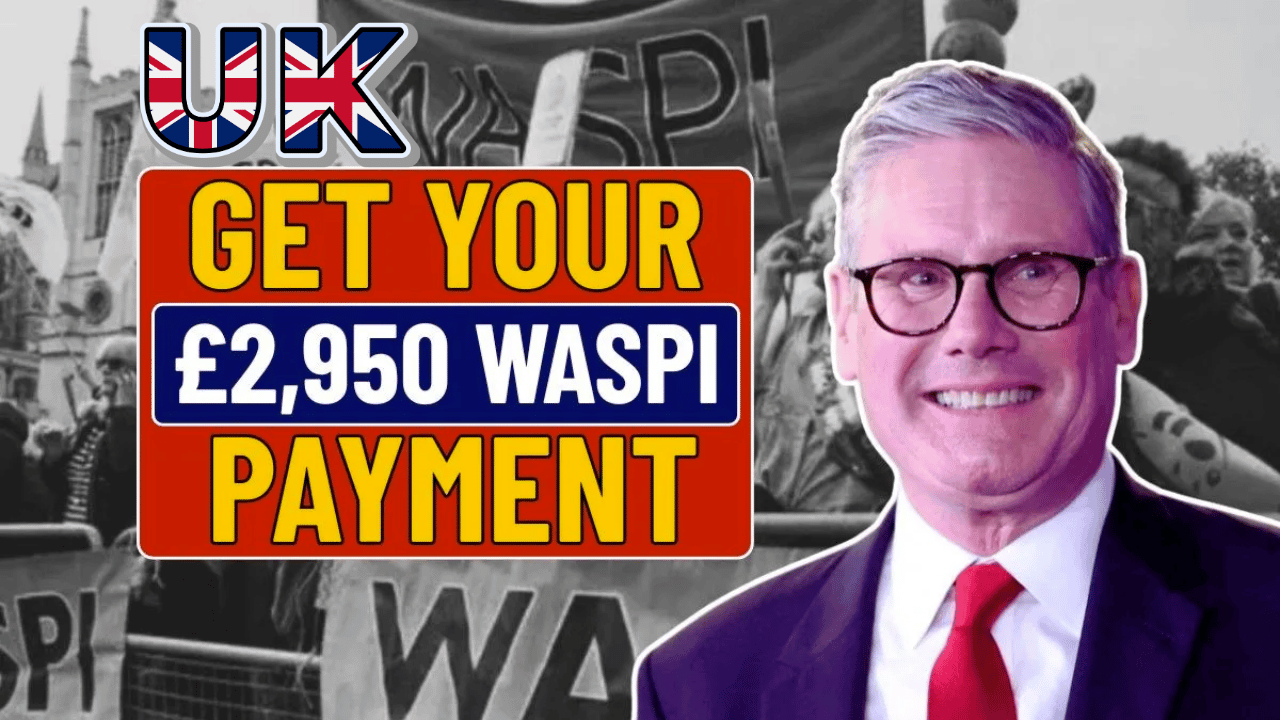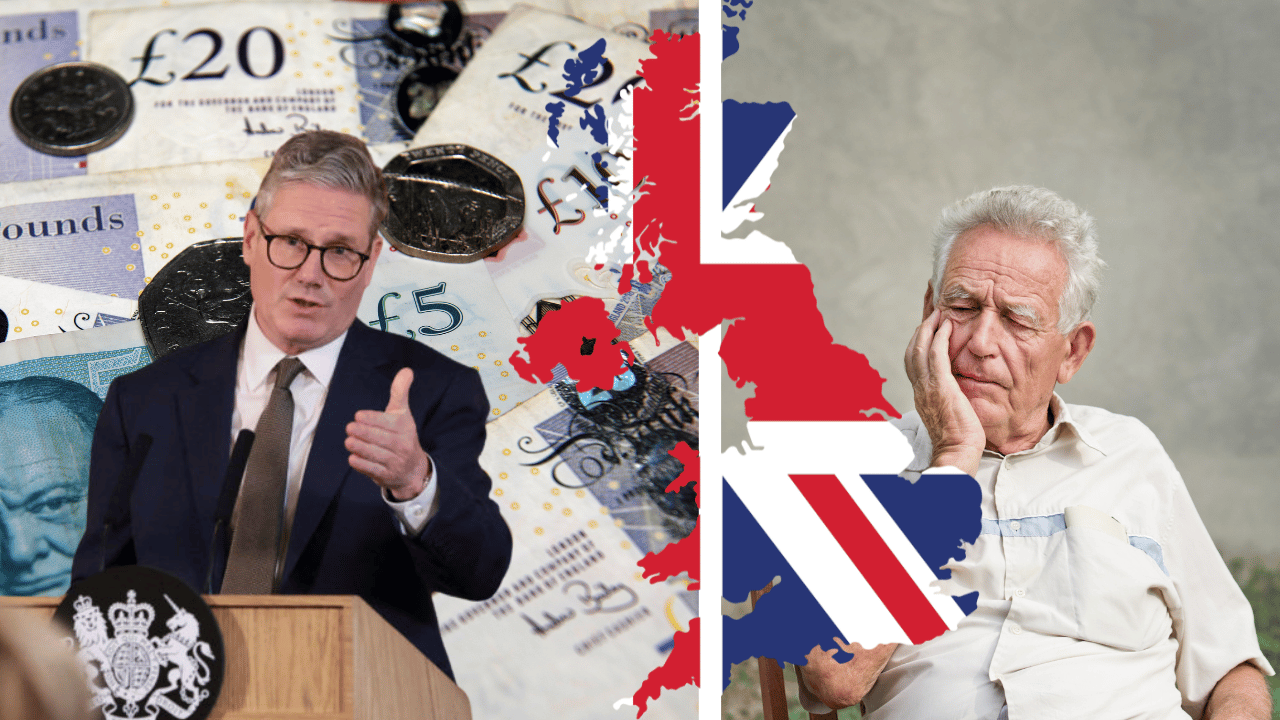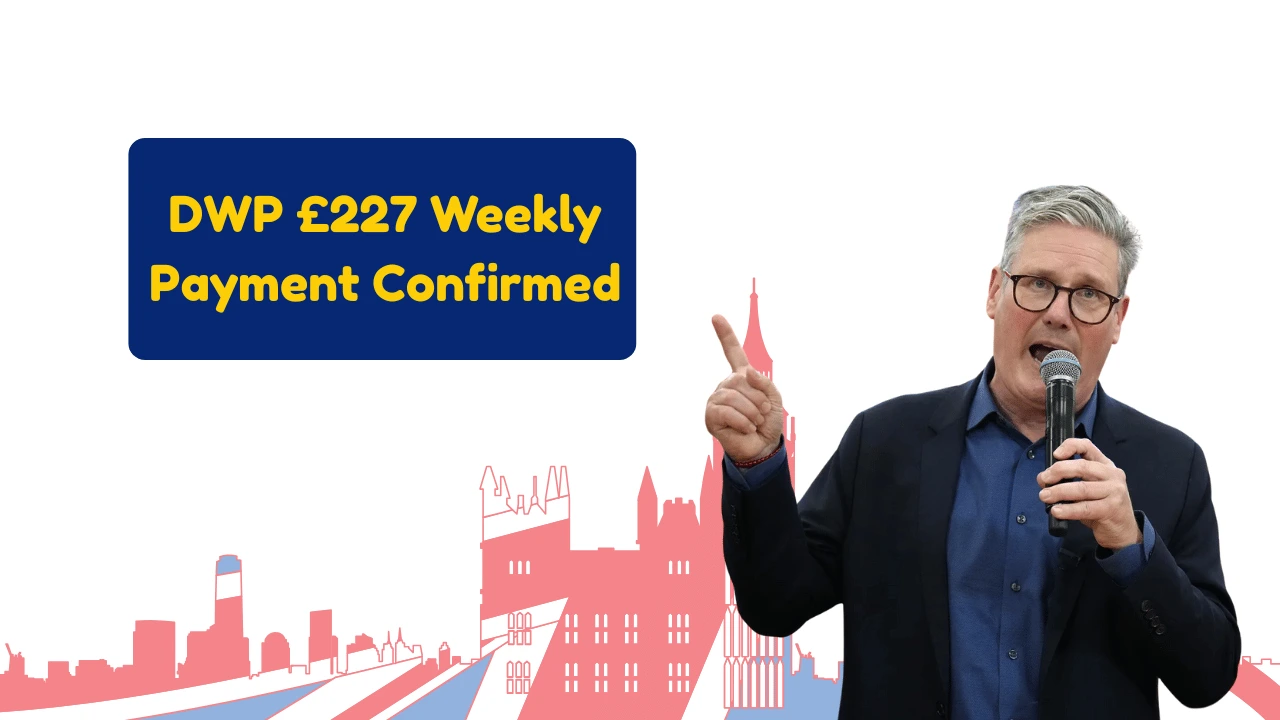In a heartwarming move for millions of elderly citizens, the UK government has officially reinstated the Free TV Licence Scheme for all pensioners aged 75 and above, effective April 1, 2025.
This decision reverses the controversial policy introduced in 2020, which had limited free TV licences only to those over 75 receiving Pension Credit. The new scheme restores universal eligibility, meaning all individuals aged 75+ will once again enjoy free access to live TV broadcasts and BBC iPlayer — without any means testing.
Background of the Free TV Licence Policy
The Free TV Licence for seniors was first introduced in 2000 to support older adults who relied heavily on television for news, entertainment, and companionship.
However, the 2020 reform, which transferred funding responsibility to the BBC, restricted eligibility only to low-income pensioners receiving Pension Credit. This left nearly 3.7 million elderly people excluded from the benefit, sparking widespread criticism from advocacy groups and the public.
Now, with the 2025 reinstatement, the government aims to correct this and restore fairness and accessibility to all pensioners.
What Will Change in 2025?
From April 1, 2025, several key changes will take effect under the new TV Licence policy:
| Change | Details |
|---|---|
| Universal Eligibility | Every UK resident aged 75 and above will qualify, regardless of income or benefits. |
| No Means Test | The licence will no longer be linked to Pension Credit eligibility. |
| Automatic Verification | TV Licensing will auto-verify age and residency using government records. |
| Government Funding | Around £700 million per year has been allocated to support the reinstated scheme. |
This change will simplify the process and provide direct financial relief, saving pensioners £174.50 annually, the current cost of a colour TV licence.
Who Qualifies for the Free TV Licence in 2025?
From April 2025, the following individuals will be eligible:
| Eligibility Criteria | Description |
|---|---|
| Age | Must be 75 years or older |
| Residency | Must reside permanently in the UK |
| Income/Benefits Status | No requirement for means testing or Pension Credit |
| Household Coverage | The licence covers everyone living in the same household as the qualifying pensioner |
If one member of the household qualifies, the free licence applies to the entire home — ensuring all residents can enjoy television without additional cost.
How to Claim the Free TV Licence
The new process will be largely automatic:
- Automatic Renewal – Most eligible pensioners will have their licences automatically renewed through TV Licensing’s verification with government databases.
- Update Personal Details – Pensioners should ensure their name, date of birth, and address are current with HMRC or the DWP.
- Notification Letters – Those not automatically verified will receive letters requesting simple proof of age or residency.
This streamlined approach eliminates the complicated paperwork and confusion that existed under the previous system.
Financial Impact of the Policy
The return of the free TV licence is expected to benefit over 4 million pensioners across the UK.
- Annual Saving: £174.50 per household
- Government Cost: Approx. £700 million per year
- BBC Funding: Adjusted through public funding to support the initiative
For many seniors living on fixed incomes, this measure provides meaningful financial relief while ensuring access to vital news, culture, and entertainment.
TV Licence Fee Changes for Non-Qualifiers (2025)
While pensioners aged 75+ will enjoy free licences, others will see a small fee adjustment from April 2025:
| Licence Type | New Fee (2025) | Current Fee (2024) |
|---|---|---|
| Colour TV Licence | £174.50 | £169.50 |
| Black & White Licence | £58.50 | £57.00 |
| Disabled (50% Discount) | To be confirmed | £84.75 |
These modest increases reflect inflation adjustments and continued investment in BBC programming.
Impact of the Free TV Licence Reinstatement
The government’s decision to restore free TV licences has far-reaching effects:
- Financial Relief: Eases the cost-of-living burden for millions of seniors.
- Social Inclusion: Helps older adults stay connected and informed.
- Simplified System: Removes the need for complicated eligibility checks.
- Public Support: Strengthens trust in government welfare reforms.
This reinstatement represents both a practical and symbolic gesture — reaffirming the government’s commitment to supporting the aging population.
Conclusion
The UK Free TV Licence 2025 reinstatement marks a significant and compassionate policy shift. By ending means testing and reintroducing universal eligibility, the government ensures that every senior aged 75 and above can enjoy access to television — a vital source of comfort, connection, and information.
With automatic eligibility and streamlined processes, this move simplifies life for millions while reinforcing social inclusion and dignity in later life.
Frequently Asked Questions
1. Who qualifies for the free TV licence in 2025?
Anyone aged 75 or above, regardless of income or benefits, qualifies under the new 2025 rules.
2. Do I need to apply for the free TV licence?
In most cases, no. The process will be automatic based on government records.
3. What if I don’t receive automatic confirmation?
You may be asked to provide proof of age or residency through a simple form or letter.
4. Will TV licence fees increase for others?
Yes, the standard colour TV licence will increase slightly to £174.50 from April 2025.
5. Does one licence cover all household members?
Yes, if the licence holder is eligible, it covers everyone living in the same home.









